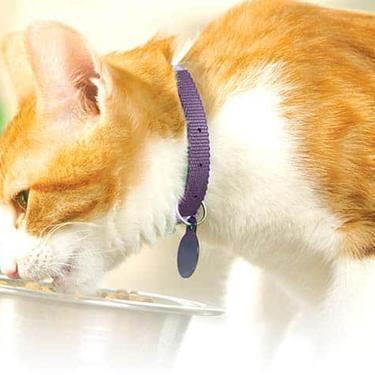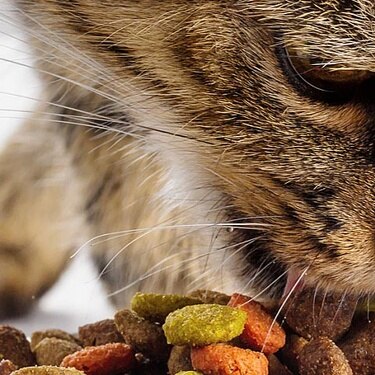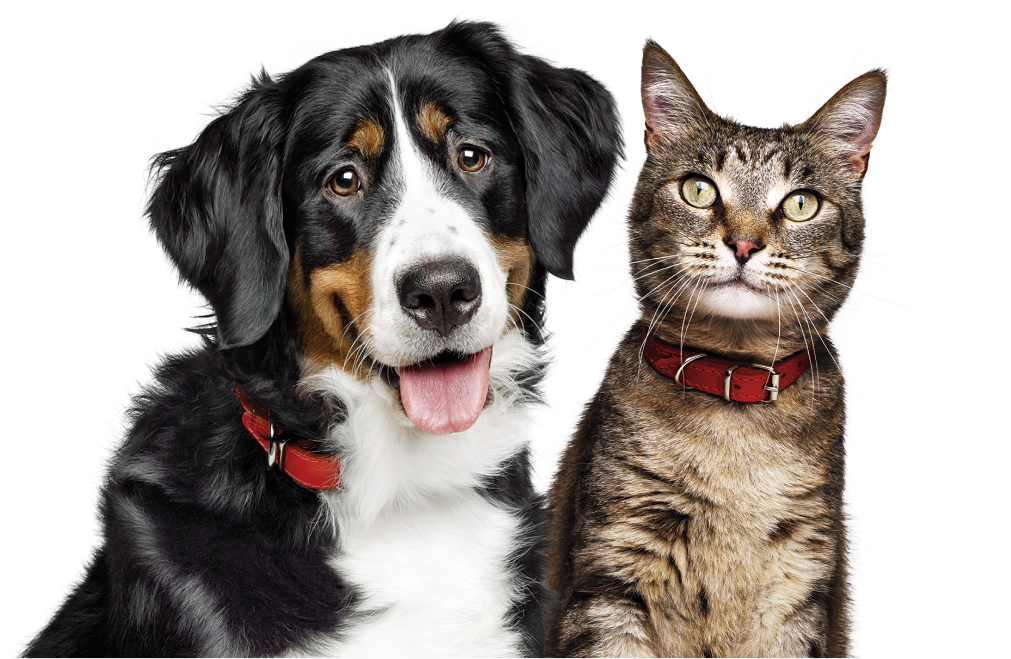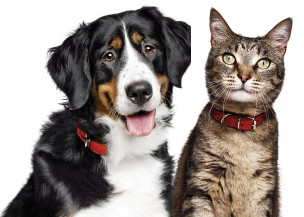About
The Burmese is a cat that is round all over. The head is round, the tips of the ears are round, the eyes, chin and even the feet are round. This breed is solid both in looks and in feel and has great strength.The coat of the Burmese is short and glossy. Darker shading on the points may be seen in kittens, but this shading disappears with age, producing richness in any of the accepted colours.While the accepted colours for Burmese have increased in the past few years, the vast majority of Burmese are still the traditional deep brown (sable).|
Personality
Younger Burmese are active, curious cats and adapt easily to changes. However, as they get older some Burmese can become a bit too placid, preferring to watch rather than get involved in activities.At any age, they love to look at the world around them and their favourite place may often turn out to be a window where they can observe the world outside. Burmese cats are very comfortable with other Burmese, but they may not get along as well with other breeds.
What to Expect
Burmese are good climbers and jumpers and should have cat trees and perches. The Burmese is a sturdy, stocky cat and nutrition should be watched to prevent obesity, particularly if the cat does not get enough exercise.While adult Burmese are placid cats, they also tend to be very kittenish and love their daily playtime. They love being adored by their parent, and love having their stomach rubbed and being petted. A daily petting session is a must for any Burmese.
History
In 1930, a cat named Wong Mau made its way from Burma to the United States with Dr. Joseph C. Thompson. This cat was deep brown in colour and many fanciers thought she might be just a very dark Siamese. Dr. Thompson did not have this view, and he and other like-minded breeders decided to breed Wong Mau to determine just what breed she was. Wong Mau was the beginning of the Burmese breed.Wong Mau's kittens appeared to prove Dr. Thompson's theory. When she was bred to a Siamese, the resulting kittens appeared to be Burmese/Siamese hybrids and pure Siamese. When the ones that looked like Burmese/Siamese hybrids were bred to each other, they produced the deep, dark Burmese kittens. The darker coloured Burmese cats then bred true, showing that Wong Mau was, in fact, a hybrid of the Siamese and a dark-coloured unknown cat.Unfortunately, because this breed became so popular, hybrids began appearing in the show hall in 1947 instead of pure Burmese. Showing of hybrids was a violation of the show rules of the Cat Fanciers' Association and, for that violation, recognition of the Burmese was withdrawn. This recognition was not restored until 1953 when the Burmese Cat Society of America assured the registries that it would not happen again.
Adopt a pet. Change a life.
Are you prepared to adopt a pet? Use these tools to make sure you are ready for the commitment.
Adopt a pet. Change a life.
Are you prepared to adopt a pet? Use these tools to make sure you are ready for the commitment.





















